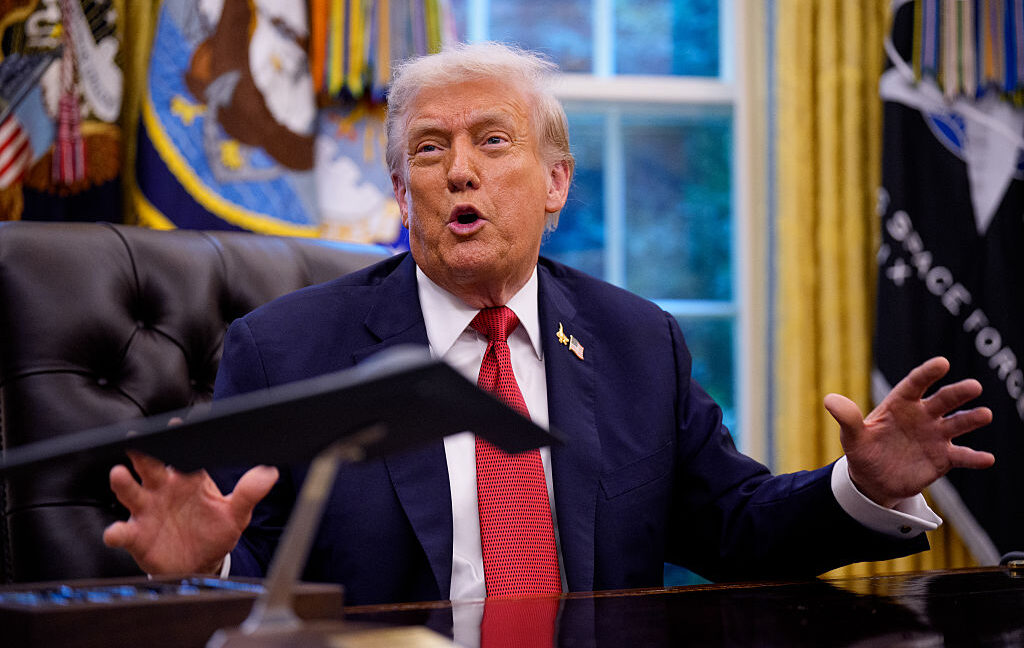In a significant development for the tech industry, former President Donald Trump signed an executive order on September 25, 2025, facilitating the transfer of TikTok’s U.S. operations from its Chinese parent company, ByteDance, to a consortium of American investors. This move aims to address national security concerns while maintaining the platform’s availability to its vast American user base. However, the deal has sparked debates over political influence, foreign investment, and the future of digital content moderation.
The Deal: Structure and Stakeholders
The executive order outlines a complex arrangement where U.S. investors, including prominent figures such as Larry Ellison of Oracle, Michael Dell, and Rupert Murdoch, will acquire a majority stake in TikTok’s U.S. operations. Despite this shift, ByteDance will retain approximately 20% ownership and continue to profit through a licensing agreement for its recommendation algorithm.
This structure raises questions about the extent of control ByteDance will maintain over the platform’s content delivery mechanisms. Critics argue that the continued involvement of the Chinese company could undermine the objectives of the divestiture, potentially allowing for foreign influence over American users’ content consumption.
Political Implications: MAGA Influence and Content Moderation
During the signing ceremony, Trump remarked that he would make TikTok “100% MAGA” if he could, though he assured that all political views would be treated fairly on the platform. This statement has fueled concerns about the potential for political bias in content moderation and algorithmic recommendations.
The involvement of conservative-leaning investors and the possibility of aligning the platform’s content with MAGA principles have led to accusations of creating an echo chamber that favors right-wing ideologies. Such developments could exacerbate the already prevalent issues of polarization and misinformation on social media platforms.
Economic Considerations: Valuation and Profit Sharing
The deal values TikTok’s U.S. operations at approximately $14 billion, a stark contrast to previous estimates that placed the company’s worth between $35 billion and $40 billion. This significant undervaluation has raised eyebrows among analysts and investors. New York Post
ByteDance’s continued profit-sharing arrangement, which includes a 20% stake in the new entity and licensing fees for its algorithm, ensures that the Chinese company will benefit financially from the U.S. operations. While this arrangement addresses some concerns about fair compensation, it also complicates the narrative of a complete separation between the two entities.
National Security Concerns: Compliance with Legislation
The divestiture stems from the Protecting Americans from Foreign Adversary Controlled Applications Act (PAFACA), legislation enacted to mitigate national security risks associated with foreign ownership of critical digital infrastructure.
Rep. John Moolenaar, chair of the House Select Committee on the Chinese Communist Party, has demanded an urgent briefing from the White House to ensure that the deal complies with the law’s requirements for operational separation from ByteDance. The continued involvement of ByteDance in the new structure may pose challenges to meeting these legal standards AP News.
Public Reception and Media Coverage
The public’s response to the deal has been mixed. Supporters argue that the move restores American control over a popular platform and addresses legitimate security concerns. Opponents contend that the arrangement allows for continued foreign influence and could lead to increased political polarization.
Media outlets have highlighted various aspects of the deal, from the involvement of conservative investors to the potential implications for content moderation and national security. The diverse coverage reflects the complexity and far-reaching consequences of this unprecedented move in the tech industry.
Conclusion
Former President Trump’s executive order represents a pivotal moment in the ongoing debate over foreign influence, digital sovereignty, and the role of social media platforms in democratic societies. While the deal aims to address national security concerns, it also raises important questions about political bias, economic valuation, and compliance with existing legislation. As the situation develops, it will be crucial to monitor the implementation of the divestiture and its impact on the digital landscape in the United States.
Subscribe to trusted news sites like USnewsSphere.com for continuous updates.





